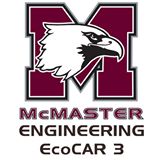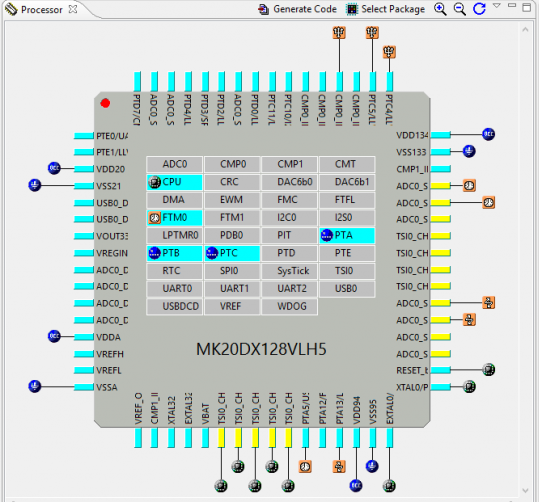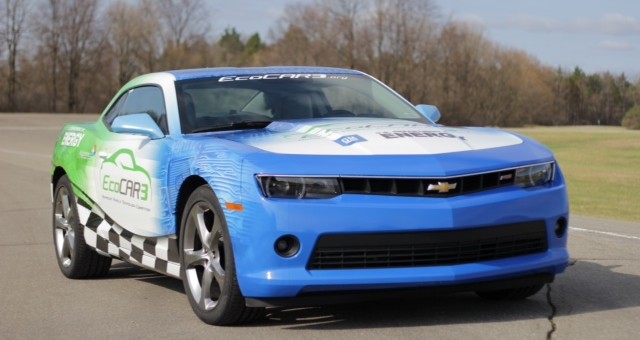My Role
In this project, there were various roles, with each team responsible for designing, simulating, modifying, and testing the vehicle powertrains. During the year I was involved, my focus was on the low-level software development of the car. I assisted in programming new functionalities and, in the process, gained valuable insights into the car's development process. Throughout the year, I applied my knowledge of C# to program Freescale processors for specific tasks. Prior to coding, my team and I meticulously prepared the necessary documentation. This involved creating interface specifications and test scenarios to validate the logic before code compilation. This approach allowed us to implement sound software development practices, ensuring efficient and effective code construction.


Knowledge, Skills and Abillities
- Low Level Programming
- C#
- Matlab/Simulink
- PCB Debugging
Goals, Success Factors
- Programming the control board for a custom thermoelectric generator.
- Design Hiuman Machine Interface mount for car
Challenges
- This project required a very steep learning curve.
